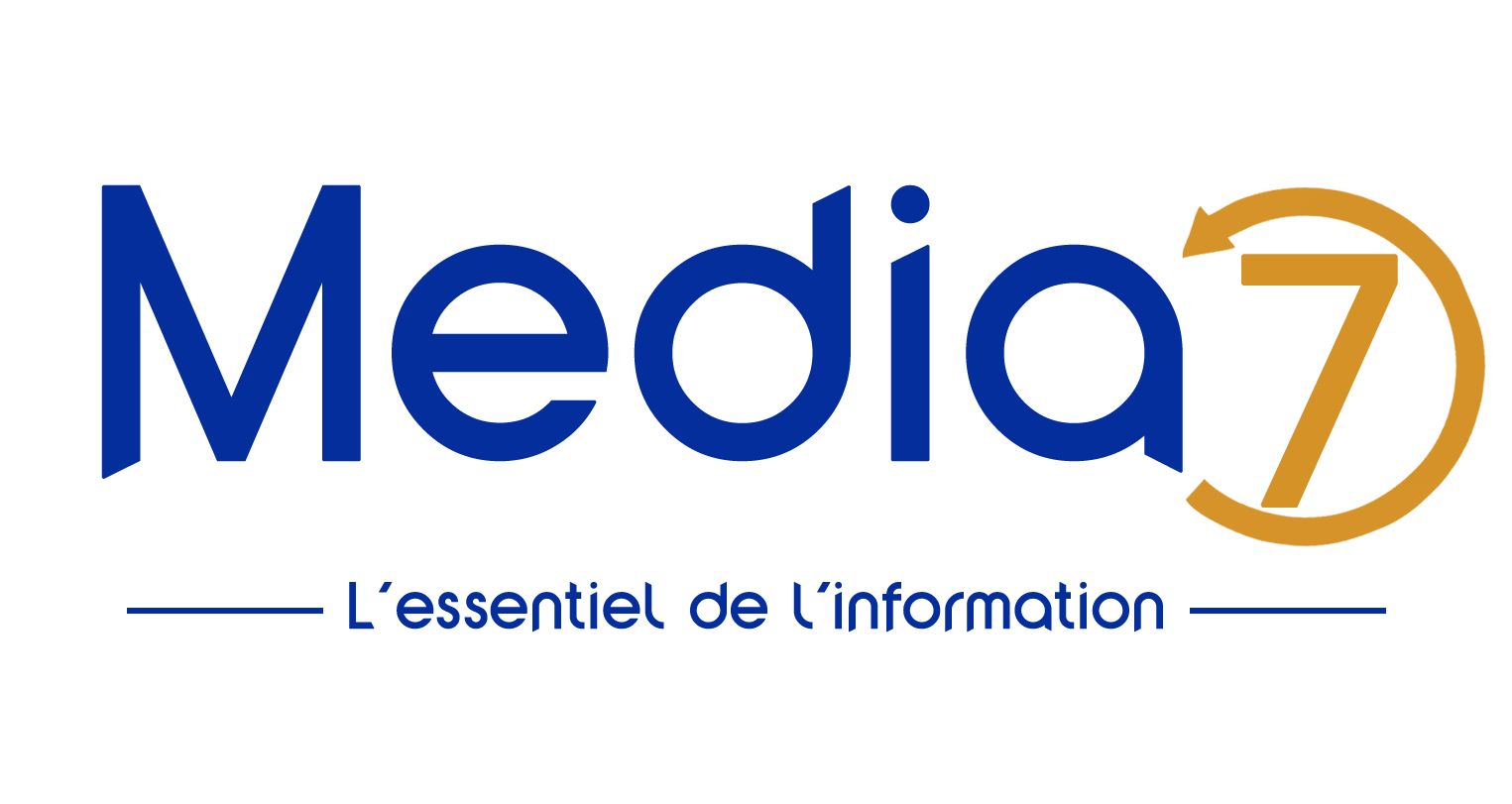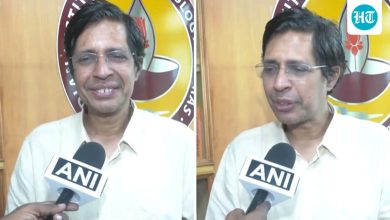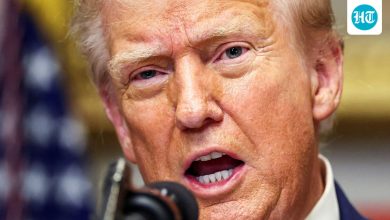US may hike wage levels for H-1B visas, link lottery to pay
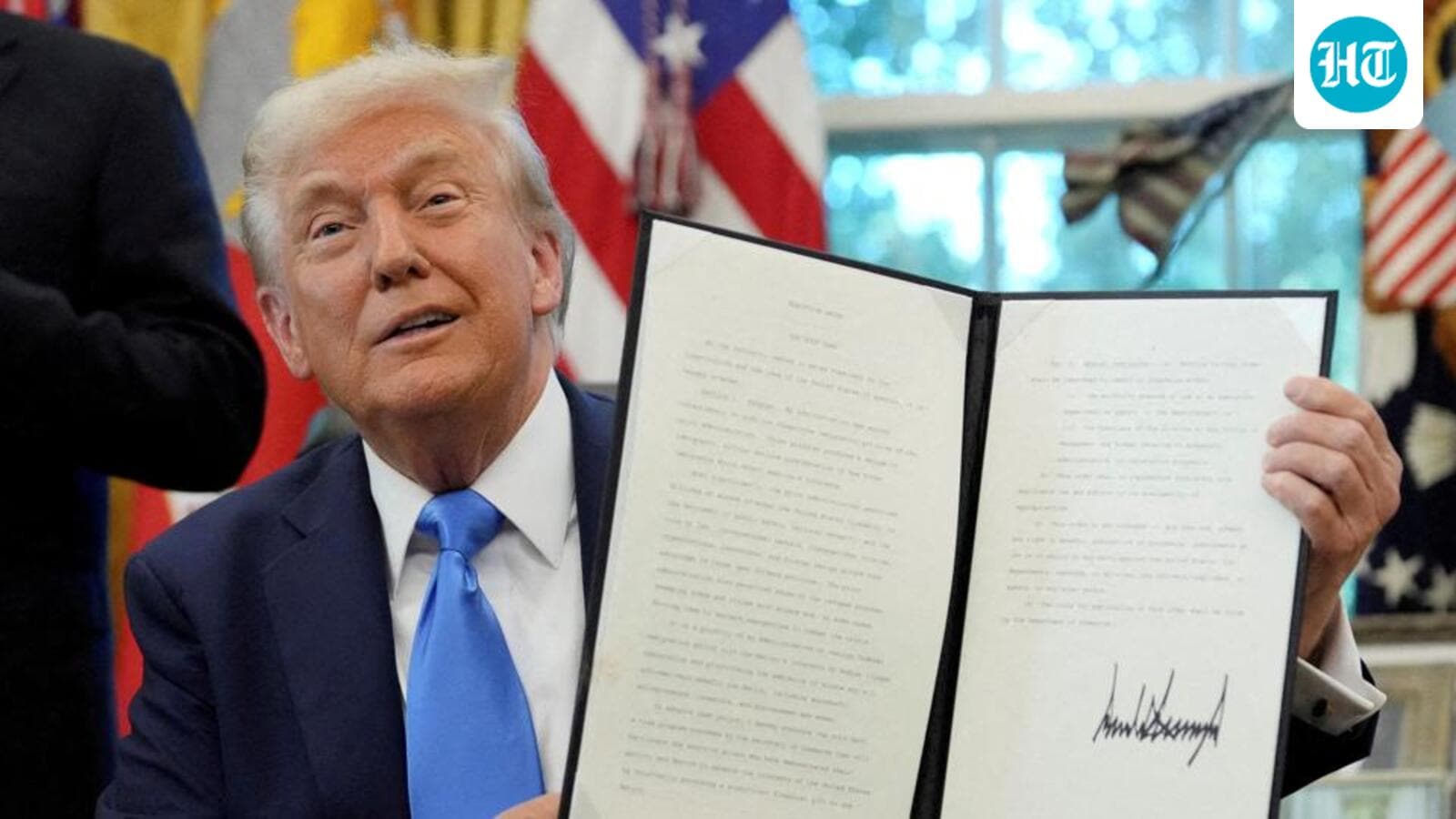
The US government is considering further changes to the H-1B visa programme, including plans to raise wage eligibility levels for foreign workers and to prioritise highly paid professionals in the visa lottery, after introducing a $100,000 fee for new petitions from September 21.
These proposed changes — along with the Trump administration’s decision to add a $100,000 fee to H-1B visa applications — represent the most radical attempt to transform the programme since it was created in 1990. (REUTERS)
These proposed reforms, which were floated in an advisory by US Citizenship and Immigration Services (USCIS), are expected to further restrict high-skilled immigration to the United States. Indian professionals, who account for over 70% of approved H-1B visa petitions, will be disproportionately affected by the changes. These changes will also increase pressure on Indian IT services companies that derive a large share of their revenue from the US and depend on the H-1B programme to deploy engineers with overseas clients.
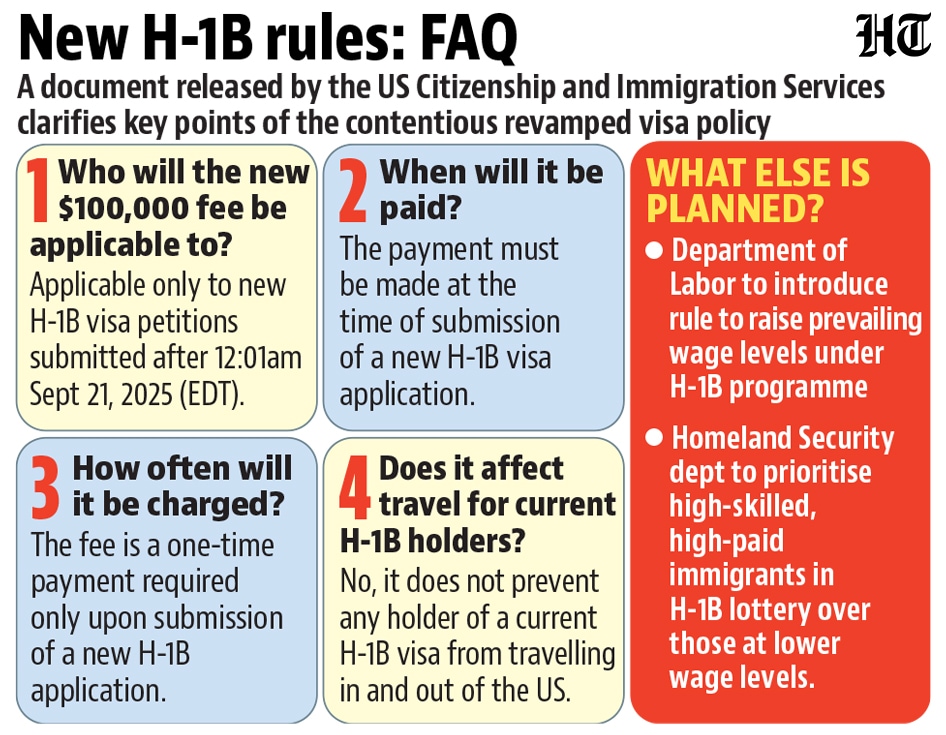
“If these changes go through, then the education pathway to studying in the US and then working here will collapse because this will disadvantage entry level workers who do not earn as much,” explains Debarghya Das, a venture capitalist based in Silicon Valley.
At present, US companies who wish to hire foreign workers on an H-1B visa must file a Labour Condition Application (LCA) with the US government. Under the LCA, the company agrees to pay a foreign worker the “prevailing wage” for a particular job role. This wage — which represents the minimum amount a US company must pay the foreign worker — is calculated by the US Department of Labour. The US government accounts for differences in location and as well as job roles when setting the prevailing wage for ensuring H-1B workers do not undercut American-born workers.
Also Read: Jaishankar, Piyush Goyal meet US officials to steady ties
Once the US government approves a company’s LCA, the foreign worker enters the H-1B visa lottery, which randomly selects roughly 85,000 visa applications. If the worker is selected, the US company can continue the H-1B application. However, the worker’s wage level is not a consideration in the lottery selection process, which is entirely random.
The new proposals floated by USCIS will rework this system by raising prevailing wage levels and altering the H-1B lottery to favour those earning higher wages. These changes would disadvantage entry-level workers, especially Indian students who intend to stay on in America after completing their studies.
Also Read: Behind the West’s rising dislike of Indian migrants
“These proposals mirror past efforts to raise prevailing wages, which made H-1B hiring far more costly. If wage levels rise again and the lottery is prioritized by salary, only the highest-paid candidates may stand a real chance. That would narrow the program to elite earners, making it harder for startups, midsize firms, and IT consulting companies to hire needed international talent, especially in areas where shortages are already acute,” argues Henry Lindpere, an immigration lawyer at Manifest Law.
The changes will build on criticisms made by conservative commentators, who allege that the H-1B visa system has been used to undercut US-born workers. The Heritage Institute, an influential conservative think tank, published a report in 2025 which found that most of H-1B positions were not filled by highly skilled and highly paid workers who filled specialised roles. Instead, the major beneficiaries of the programme were entry level workers from India and China in their mid-twenties, many of whom were paid below-median wages, the report said.
“Replacing the random lottery with a wage-based ranking system would curb abuse, prioritize high-skilled roles, and better align with the program’s original goals,” the report argued. This call for change was taken up by key members of the Trump administration, including Commerce Secretary Howard Lutnick and USCIS Director Joseph Edlow.
These proposed changes — along with the Trump administration’s decision to add a $100,000 fee to H-1B visa applications — represent the most radical attempt to transform the programme since it was created in 1990. The initial announcement of the fee triggered panic among H-1B visa holders, with many cancelling their travel plans or rushing to book tickets return to the US, before the White House clarified that it would apply only to new applications made after September 21.
Stocks of leading outsourcers, including Tata Consultancy Services Ltd. and Infosys Ltd., slid nearly 3% on Monday amid concerns the fee hike will complicate operations.
